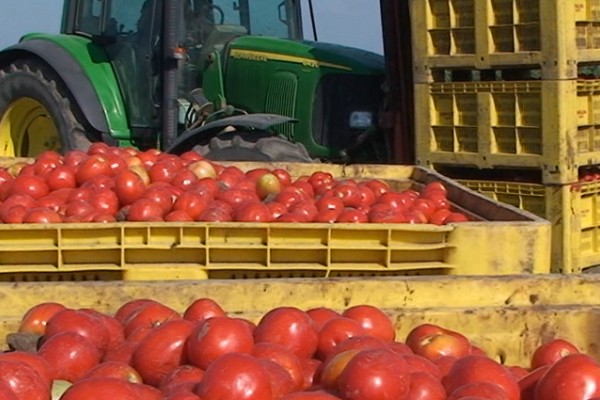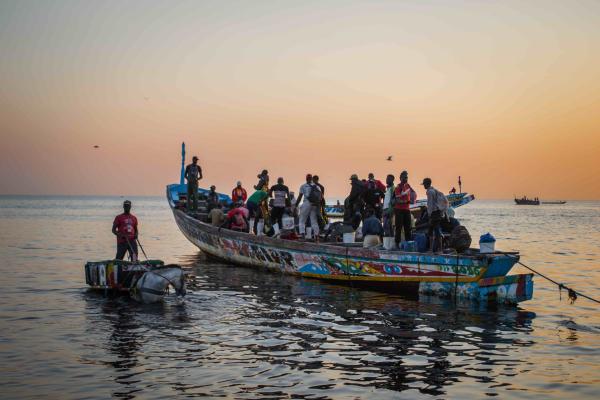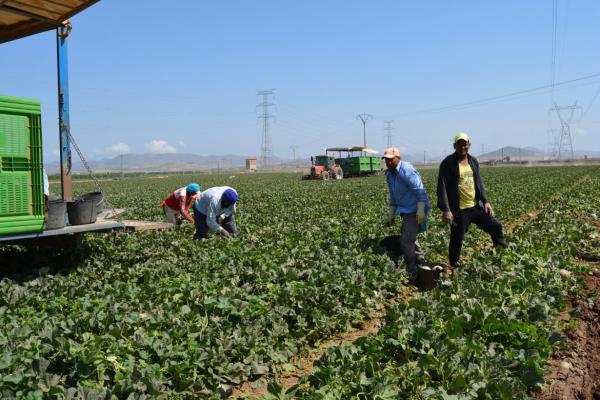In Central and West Africa, urban demand for wild meat (also known as bushmeat) elevates rural hunting from subsistence to commercial levels, placing unsustainable pressure on wildlife species consumed as food.
This is well known, as is the fact that as hunters push deeper into biodiversity reservoirs, the spectre of zoonotic disease outbreaks grows. Far less well known is that hundreds of tonnes of wild meat are smuggled into Europe every year.
Like in all communities, in African diaspora communities where wild meat is eaten, food is tightly bound to culture, preference and identity. This is not so different from the way that venison, moose, frog legs or tripe soup are seen as delicacies in parts of Europe. However, from a conservation perspective, an estimated one third of the African wild meat entering Europe comes from endangered species.
In addition, researchers have found potentially zoonotic pathogens in wild meat samples in Europe that in mainstream trade would trigger EU-wide alerts.
Drawing on reporting from France and Belgium, as well as previous work in the democratic Republic of Congo and Ghana, this project considers the adequacy of existing biosurveillance and regulatory measures, together with questions of identity, cultural bias, and possible ways forward.
Photo: Nyani Quarmyne





